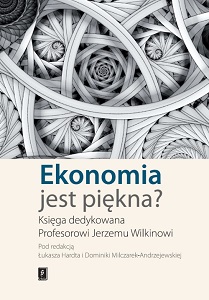
We kindly inform you that, as long as the subject affiliation of our 300.000+ articles is in progress, you might get unsufficient or no results on your third level or second level search. In this case, please broaden your search criteria.








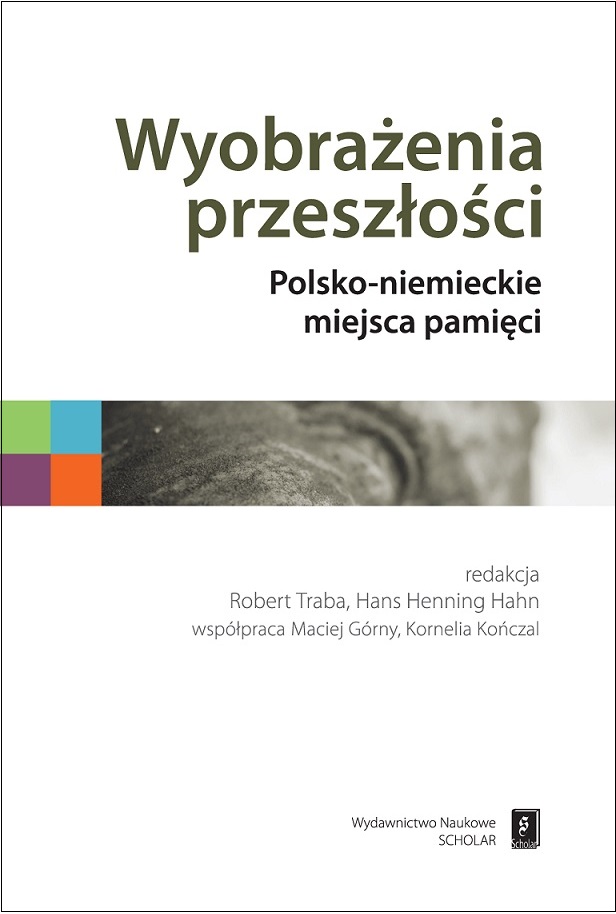


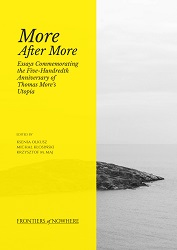



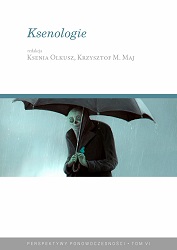
In the chapter Against gravity. Paul Karl Feyerabend's strategy and autobiography Artur Hellich presents a profile of the Austrian-American philosopher and describes his academic and writing strategy. The first part of the chapter is devoted to Feyerabend’s ‘anything goes’ principle. Hellich points out the provocative rather than the serious nature of this formula and tries to defend its author against the allegations of irresponsible relativism. Then he proves the imitation of the rationalistic way of argumentation in Against Method was a form of pastiche of a serious scientific discourse. Hellich links Feyerabend’s strategy with the tactic of a ‘jester’ described by Leszek Kołakowski and argue that unfortunately Kołakowski the anti-absolutist did not see Feyerabend as his potential ally. Pastiche and parodistic strategy was also used by Feyerabend in his posthumously published autobiography (Killing Time, 1994). The close analysis of this work leads Hellich to present the Feyerabend's critique of the absolutistic and elitist demands of empiricist philosophy. Hellich argues that the criticism of science based on the neopositivist foundations finds expression in Feyerabend's ironic attitude towards the genre of autobiography. Feyerabend opposes a typical subject of an academic autobiography—a serious and distant scientist—to a character of the picaresque novel. At the same time, the traditional autobiographical scheme is replaced by a narrative of such picaresque. The key thesis of the chapter is that the reverse of the (so-called) Feyerabend’s methodological anarchism, aimed at criticizing and deconstructing the hegemonic demands of science, is the pastiche and parodistic performances and literary tricks, used both in Against Method (a ‘scientific’ thesis) and in the narrative autobiography. At the end of the chapter Hellich points out the ethical and political aspect of Feyerabend’s academic strategy of writing. He proves that Feyerabend became one of the icon of the left-wing revolution at the American universities in the sixties not by a mistake. The provocative performances and ironic strategies of writing were intended to shake the foundations of the monoethnical, monocultural and patriarchal institution of the university. For this reason, Paul Feyerabend’s strategy, close to the early postulates of the New Left movement, should be seen as a way of opposition to exclusionary academic policy and at the same time as a one of the possible ways to counteract its absolutist and elitist demands.
More...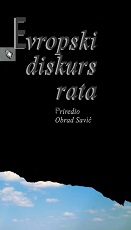
Želeo bih da ovde ponudim jedan vodič za razumevanje savremenog sistema nereda, sistema rata i mira, vodič koji bi bio ilustrovan određenim istorijskim referencama. U stvari, poznavanje strategije, preciznosti nuklearnih projektila, tenkova i aviona zamaraju i najpažijivije duhove jednom mešavinom apstrakcije i monotonije, usred užasa imaginarnih plotuna. Odnos izmedu formalizma nuklearne strategije i stvarnih uloga konflikata postaje sve beznačajniji uprkos tome što, pred našim očima, istorijski događaji ponovo dobijaju svoju težinu, kao uzori za moralne snage i etička pravila koja nastavljaju da upravljaju nacionalnom politikom.
More...
Bijeg je stariji od napada, kaže antropologijsko istraživanje. Prema njemu bi čovjek, doduše parcijalno, bio grabežljiva životinja (grabežljivi lovac) ali ne ratna životinja a priori; usprkos tome otkriće oružja - za udaranje, bacanje, strijeljanje (izgradnja distance, neo-kortikalni razvitak) - igra ključnu ulogu u antropogenezi. Ako uopće nešto smijemo predmnijevati o prvotnoj nagođenosti ljudske psihe u pogledu borbe i rata, onda toliko, da ona radije izmiče no da se bori. »Plašljiv, ali sretan« (G. Meemann, podnaslov: Zašto se suvremenik pračovjek ne želi boriti, Ffm, Berlin-Wien, 1981). Tko izmiče, može početno bolje osigurati svoje šanse preživljavanja nego confrontateur. Razumijemo li plašljivost neutralno kao primarnu sklonost izmicanju, tada ona u ljudskom domaćinstvu poriva mora posjedovati prednost pred radošću borbe. Bježati je prvotno mudrije nego ostati na mjestu. »Pametniji popušta«.
More...
Po malodušnom protivIjenju zločinima koje su SAD i njeni saveznici počinili u Vijetnamu, može se zaključiti da javnost ima gotovo isto tako malo naklonosti prema moralnim ograničenjima vođenja rata, kao što je imaju oni koji su preuzeli na sebe oblikovanje ratne politike SAD. Čak i kada se ograničenja u pogledu vođenja oružanog sukoba brane, to se čini samo na osnovu njihove zakonske podloge; njihova moralna utemeljenost se često malo shvata. Želim da pokažem da izvesna ograničenja nisu ni proizvoljna, niti samo stvar dogovora i da njihova valjanost ne zavisi jednostavno od njihove korisnosti. Drugim rečima, postoji moralna osnova pravila rata, iako sadašnji dogovori, službeno na snazi, nisu ni blizu njen savršen izraz.
More...
The moomin cycle is an unnusual prose. It is supposed to be read by children as well as the adults, however both groups will address it differently. Anna Kamienska, the first Polish moominologist, encouraged to read the Moomin books as a magnificent philosophical tractate. Many researchers define Moomin Valley as the utopia of freaks. Positive characters are tolerant, warm or at least understanding when they meet somebody different than themselves. Groke is the only exception, everybody are scared of her, and, for a long time, nobody wants to meet her—until the moment of confrontation in „Moominpappa and the Sea” that will be presented in this chapter. This special meeting with Groke displays all the signs of confronting the difference and foreignness that has been fuelled only by negative emotions of the experiencing subject. The foreigness is growing from the epistemological conditioning by fear and doubt, but it results in full understanding of the diversity that affects the image of the self as well. It appears to be the ritual which involves the process of ethical maturation and leads to create the adult identity of one of the characters, finally extracted from his family.
More...